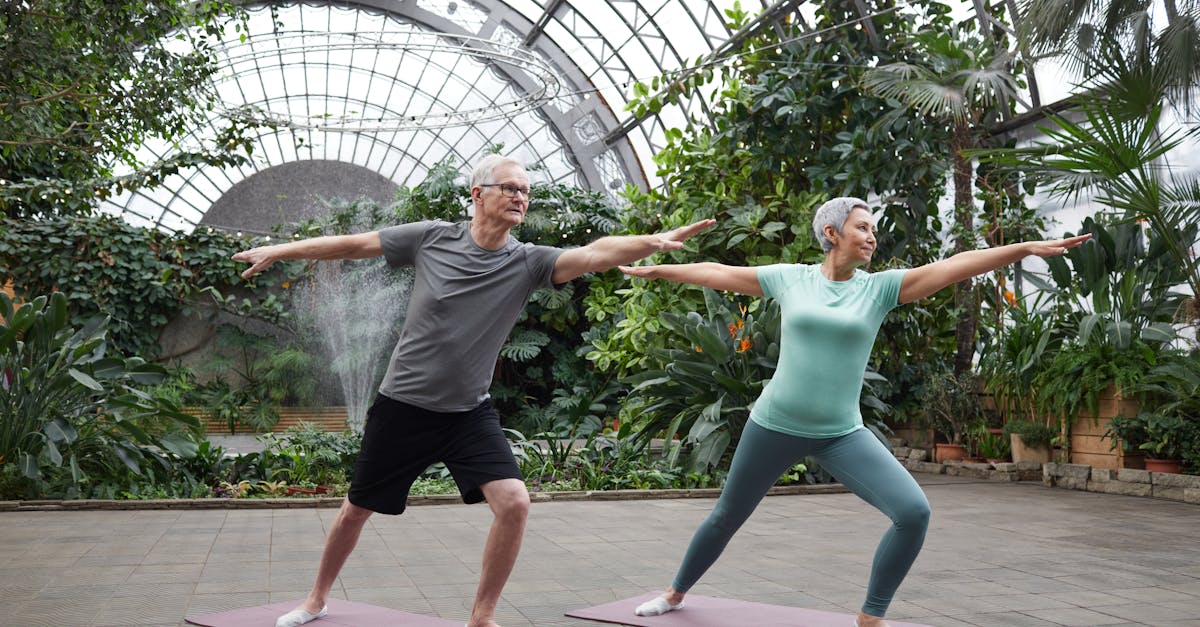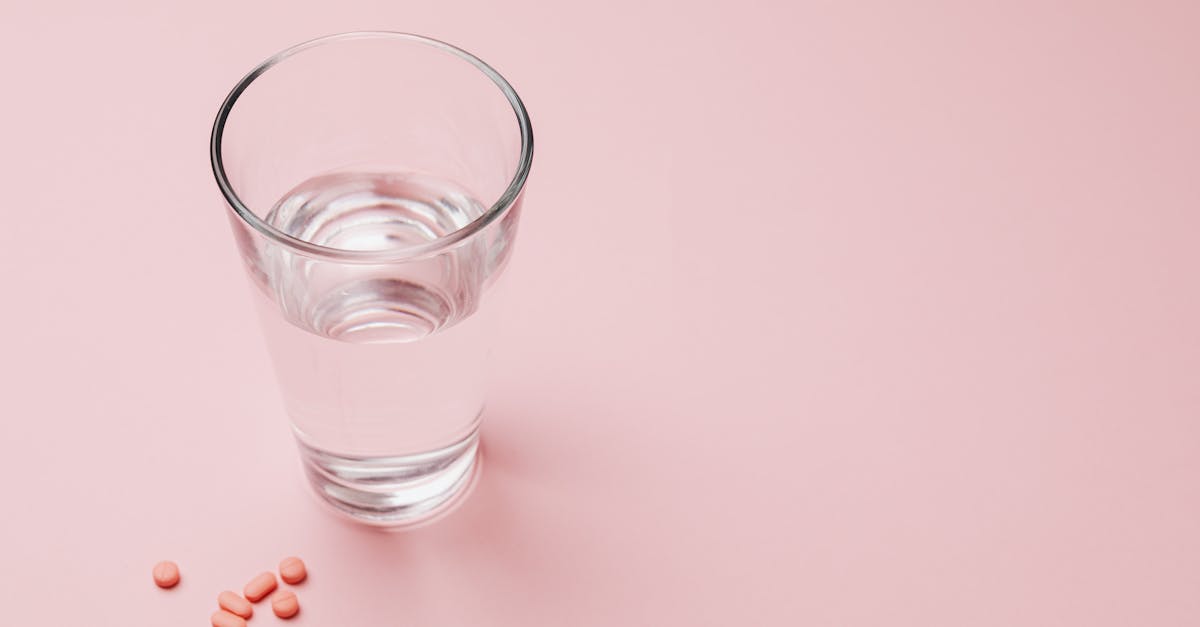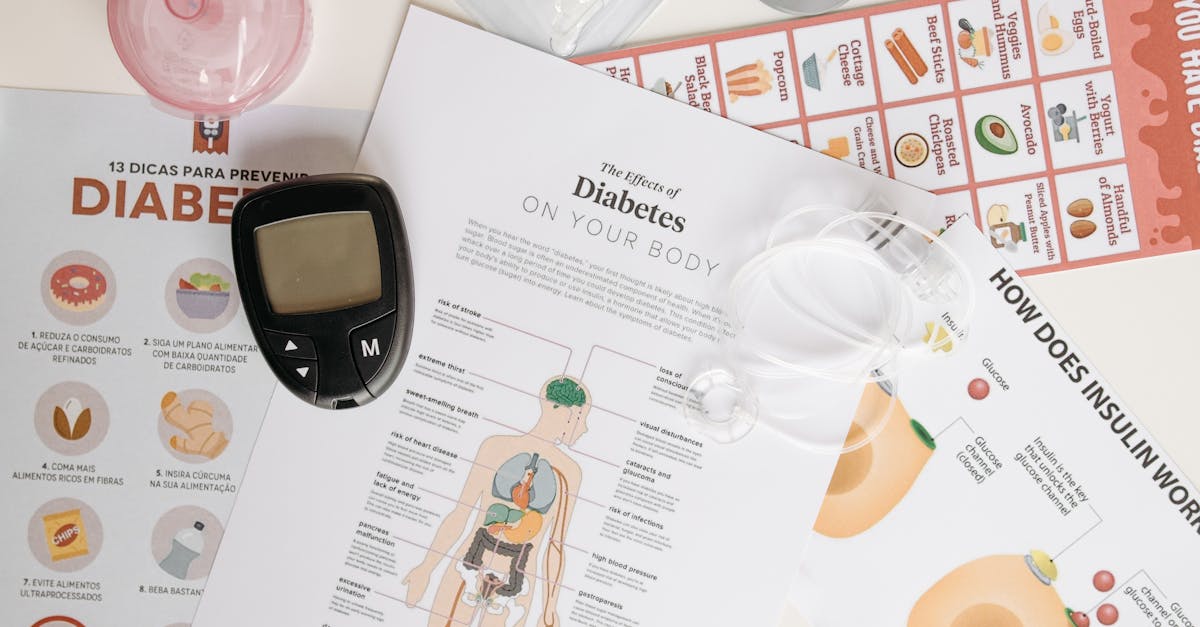Exploring Anxiety Treatment Options
Introduction
Anxiety disorders are among the most common mental health issues affecting people worldwide. Addressing anxiety symptoms often requires a comprehensive treatment approach. Understanding available anxiety treatment options can pave the way for improved mental well-being.
Advertisement
Cognitive Behavioral Therapy (CBT)
Cognitive Behavioral Therapy (CBT) is a widely recommended approach for treating anxiety disorders. This form of therapy helps individuals identify and alter negative thought patterns. By challenging these patterns, CBT can equip individuals with practical techniques to alleviate anxiety symptoms. Many find CBT provides significant long-term benefits.
Advertisement
Medication
Medication is another common treatment pathway for managing anxiety. Prescriptions like selective serotonin reuptake inhibitors (SSRIs) are often utilized to balance neurotransmitters in the brain. While effective, it's crucial to combine medication with therapy for optimal results. Regular consultation with healthcare providers ensures safe and targeted use.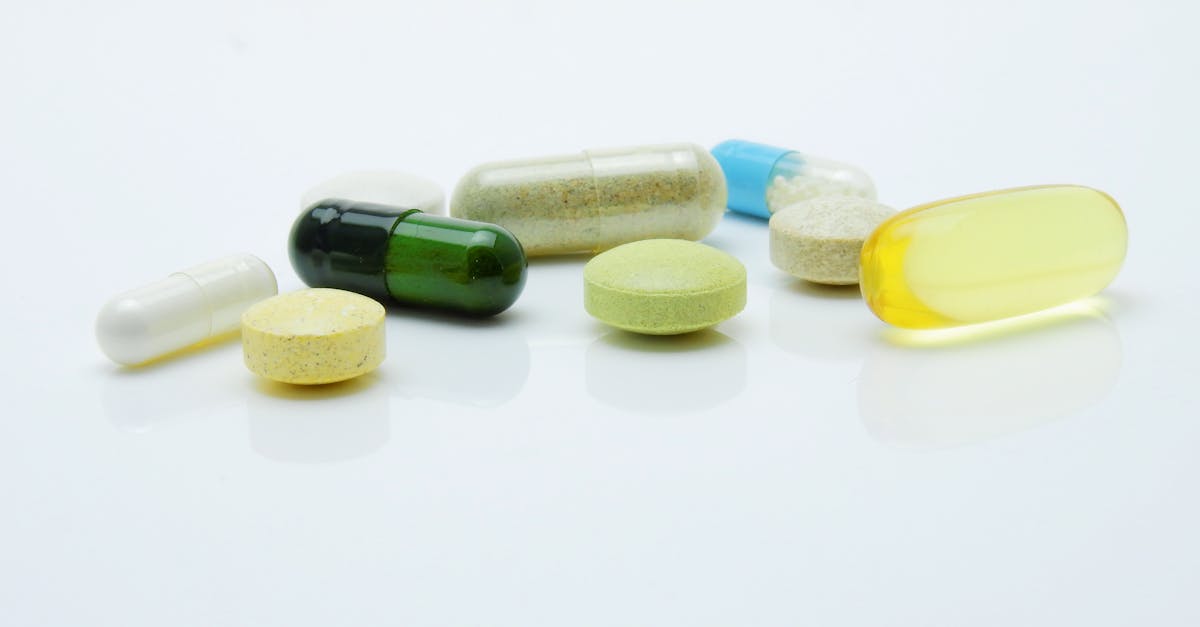
Advertisement
Mindfulness and Meditation
Mindfulness and meditation practices focus on promoting present moment awareness. This approach can effectively reduce stress and anxiety symptoms. Practicing techniques such as deep breathing, guided visualization, and body scans can lead to a calmer mind. Over time, it fosters emotional resilience and improved focus.
Advertisement
Exercise and Physical Activity
Regular physical activity is a natural stress reliever, beneficial for managing anxiety. Exercise increases the production of endorphins, known as 'feel-good' hormones. A balanced routine of aerobic activities, like walking or cycling, can substantially improve mood and reduce anxiety levels. Committing to regular exercise enhances both mental and physical well-being.
Advertisement
Diet and Nutrition
A balanced diet plays a pivotal role in managing anxiety symptoms. Foods rich in omega-3 fatty acids, such as fish, can positively impact brain health. Including whole grains and fruits supports stable blood sugar levels and reduces anxiety triggers. Staying hydrated and limiting caffeine intake also contributes to a more stable emotional state.
Advertisement
Alternative Therapies
Techniques like acupuncture, aromatherapy, and yoga are popular complementary treatments for anxiety. These alternative therapies focus on balancing the body's natural energy flow. While not substitutes for traditional therapy or medication, they can complement a comprehensive treatment plan. Each offers unique benefits that contribute to overall mental health.
Advertisement
Support Groups
Connecting with others through support groups offers a sense of solidarity and understanding. Sharing experiences with fellow anxiety sufferers can promote healing. Group settings allow for exchanging strategies and tips, which proves beneficial in managing anxiety. Support networks are pivotal in building a sense of community and reducing feelings of isolation.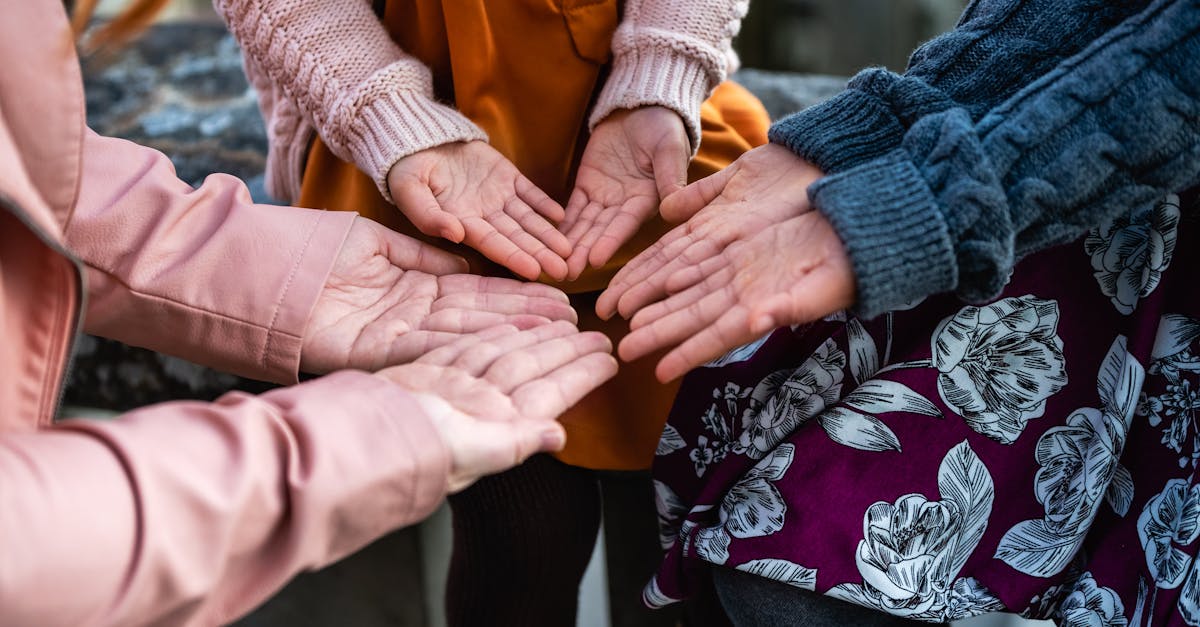
Advertisement
Lifestyle Adjustments
Creating a structured daily routine can provide stability and reduce anxiety. Ensuring adequate rest, engaging in enjoyable hobbies, and practicing stress management techniques can greatly help. Minimizing exposure to digital stressors, such as excessive screen time, is essential. Cultivating a balanced and healthy lifestyle promotes a positive mental state.
Advertisement
Summary
In summary, a variety of treatment options exist to manage anxiety, from cognitive behavioral therapy to lifestyle changes. Combining these approaches maximizes effectiveness and fosters long-term mental health. By pursuing the right treatment plan, individuals can substantially improve their quality of life and reduce anxiety symptoms.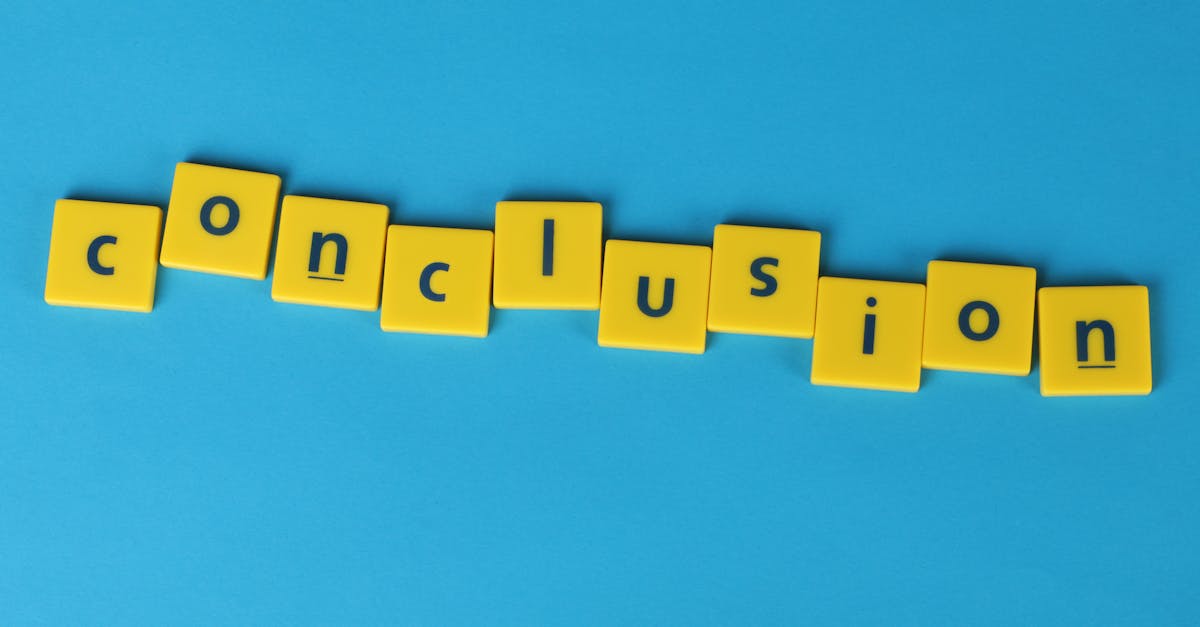
Advertisement
